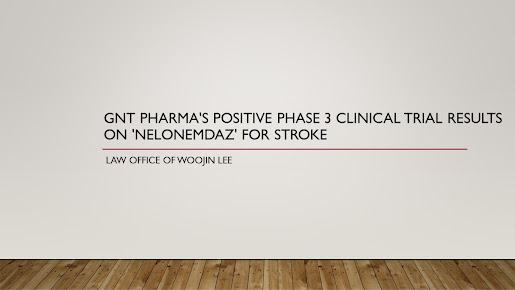New roles for South Korea's 'Convergence AI Institute for Drug Discovery'

Earlier this year, The 'Korea Pharmaceutical and Bio-Pharma Manufacturers Association(KPBMA)' officially launched the 'Convergence AI Institute for Drug Discovery(CAIID)' and held the grand opening ceremony on January 31st. The South Korean CAIID aims to serve as a hub for jointly planning and executing digital convergence research and aims to establish safe utilization platform for diverse data, which may enhance the performance of AI. The CAIID's head Hwajong Kim stated, "Currently, pharmaceutical companies are collaborating individually with AI companies. However, there is no perfect match between the data held by pharmaceutical companies and the advantages of each solution provider." He continued, "Since each pharmaceutical company possesses different data, the approach to AI should also vary. However, at this point, we cannot predict this in advance, which limits us." He emphasized, "It is not a stage to debate whether this business wi...







